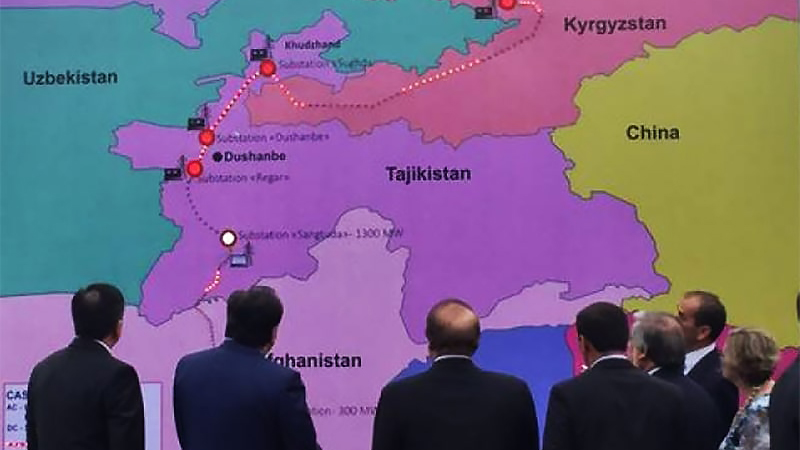Work on a key power transmission project known as CASA-1000 has been delayed in Afghanistan over political issues in the country, including no international recognition to the Taliban. But the Tajikistan, Kyrgyzstan and Pakistan part of the project will be completed by the end of this year, a Tajik official said as quoted by Reuters.
The project was designed for transmission of power from the two Central Asian nations to Pakistan through Afghanistan. The project will transmit 1,000 megawatts of power to Pakistan and 300 megawatts to Afghanistan.
Quoted by Reuters, Faizali Samiyev, the head of the Tajik project implementation office, said work on the project, originally scheduled to be completed next year, continued in three countries, but not in Afghanistan.
The $1.2 billion project was backed by former allies of Afghanistan, especially the World Bank, but the international organization’s projects are recently focused on educational, agriculture and health programs in the country.
Meanwhile, a Taliban official asked the World Bank to fund the CASA-1000 projects.
“We are ready for the implementation of CASA-1000 project,” said Abdul Latif Nazari, Taliban’s deputy minister for the economy ministry.
Based on the project, Afghanistan will also receive $50 million from the project on an annual basis.
Amanullah Ghalib, the former head of the country’s power distributor, Da Afghanistan Breshna Sherkat, said the World Bank has asked the Taliban to ensure the security of the project and address land acquisition issues on the way of the project.
“The main issue is the payment to international companies because the Taliban’s emirate has not been recognized by the international community; therefore, the World Bank cannot pay the money,” he told Amu on Saturday.
Ghalib said the central bank is looking for alternatives to fund the project, but work on the power transmission project has stalled for now.
When the project was launched in 2016 as part of the New Silk Road initiative to integrate Afghanistan with Central Asia, the United States was involved in its financing. The Islamic Development Bank, the UK Department for International Development, and the European Bank for Reconstruction and Development were other sponsors of the project.




